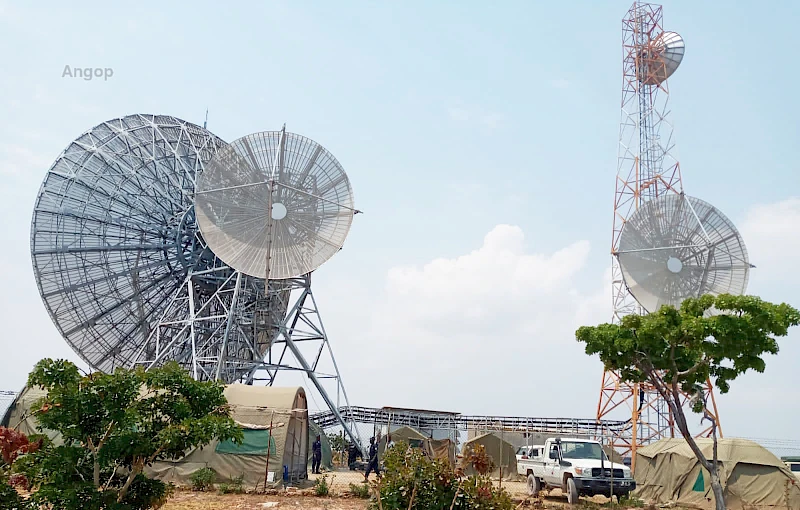Luanda – African countries have contributed 425 million US dollars to finance space activities in 2023, when the global space economy is expected to grow by 41% over the next five years.
According to data from the “Space in Africa” media company, which is focused on analysis and consulting in the African spacel and satellite industry, in 2022 the global space economy grew by around 8% to reach 546 billion dollars, so more growth is expected until 2030.
Regarding this, the Angolan minister of Telecommunications, Information Technologies and Social Communication, Mário Oliveira, at the closing ceremony of the World Space Day, said that activities requiring the use of space infrastructures are increasingly numerous, both in the economic and social sectors of countries.
Mário Oliviera considered that space sciences and their applicability are currently very diverse and can be seen as a true ecosystem of innovation, business and entrepreneurship.
In this regard, the government official recalled that during the space week, Angola held lectures and entrepreneurship training with the presentation of projects using space technologies related to start-ups, small and medium-sized enterprises.
He added that operators will be able to boost the country's telecommunications and information technology sector through the services provided by small Internet providers, which will make it possible to supply a wide range of products and services.
According to Mário Oliveira, advances with Angosat-2, which has high data transmission rates in the order of more than 13 Gbps of available bandwidth, were also mentioned throughout the week.
Mário Oliveira recalled that after six months of operational and service tests, the Angolan satellite is at a commercial phase and it is being widely used to provide telecommunication services to national operators, as well as to companies of other sectors of the national economy such as oil and diamonds.
The closing ceremony of the World Space Week was marked with the launching of “PEN-ODS”, a technologic tool which aims to contribute for the monitoring of the Sustainable Development Goals (SDG), using the National Space Programme.
To the minister, in the programme World Space Week 2023 Angola included trainings with the national speakers and from the main space agencies such as National Aeronautics and Space Administration (NASA), Russian Federation State Space Corporation (ROSCOSMOS) and European Space Agency (ESA), as well as start-ups from different countries in order to present the different ways of investing in the space sector.
He added that this week the holding of three of the five axes of the National Space Strategy was highlighted, namely capacity building and promotion of the space sector, growth of the space industry and technologies, and international affirmation of the Angolan state in the space domain.
With the motto “The space and entrepeunership”, the World Space Week, which Angola held for the sixth time, was marked with the holding of several activities.
World Space Week (WSW), a date established by the United Nations (UN) with the aim of celebrating the contribution of space science and technology to improve the living conditions of human beings, is being celebrated around the world from 4 to 10 October.
This year's WSW coincides with the approach of 12 October, the first anniversary of the launch of the Angolan Satellite.
QCB/AC/MRA/jmc































